Faith and Philosophy. McLuhan, Ellul, Flusser and Serres On Theology and Technology
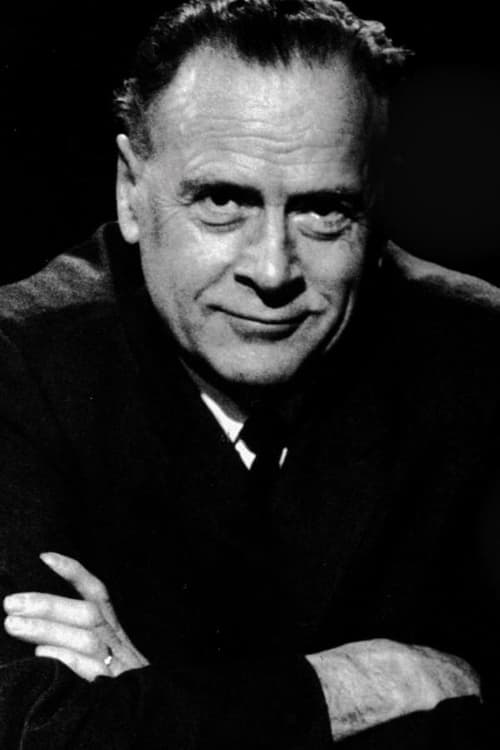
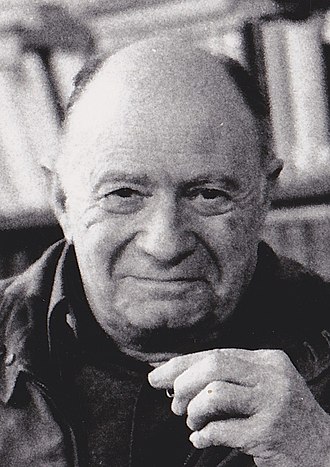

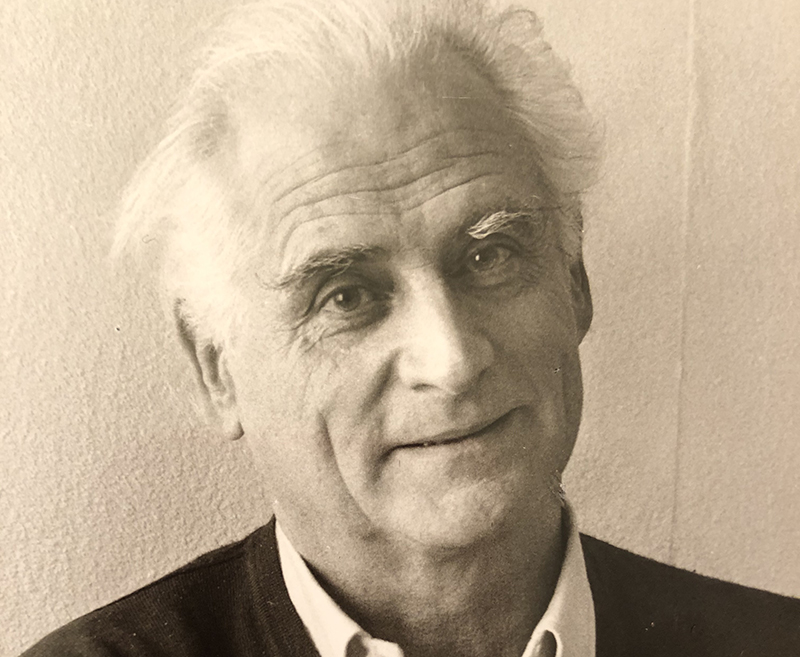
The starting point of this project that brings four different philosophers together was the persistent presence of faith, religion, spirituality, and mysticism in Vilém Flusser’s work. In his short autobiography In the Search of Meaning from the late 1960s, he wrote: «During the Second World War […] I succumbed to the loneliness of mysticism. […] I was interested in oriental thinking, in Johann von Kreuz, in Ekkehart; I read Angelus Silesius again and again, rediscovered German Romanticism, Dostoyevsky. I studied Buber and Protestant existential theology, I discovered Jaspers. […] It was at this time, in desperation, that I first began to feel the call of Catholicism as a promise of salvation and comfort. But I always knew, in a corner of my being (Marxist, perhaps), that it was nothing but alienation and flight. That I betrayed the intellect and did not sacrifice it.» In the 1950s, Flusser (1920-1991) read the work of P. D. Ouspensky and, like Michel Serres, also the work of Simone Weil. He was interested in Vedanta and Buddhism and in the late 1980s he wrote about the notion of Pilpul, a Jewish reading strategy used in the interpretation of the Talmud.
All this left its traces in his philosophy, for instance, in his theory of media evolution, and his notion of a telematic culture of the future, which recall Marshall McLuhan’s (1911-1980) understanding of the unfolding of subsequent ages and their dominant technologies and the global village of the electronic age. Contrary to Flusser, however, McLuhan was a man of deep faith throughout his life, and his media theory is profoundly rooted in Catholicism to which he converted in his mid-twenties.
Jacques Ellul (1912-1994) converted to protestantism in his youth, but contrary to McLuhan, who defined himself as a Thomist, he looked for affinities between anarchism and christianity. Ellul was a stern critic of modern technology.
As with McLuhan, Ellul and Flusser, Michel Serres’(1930-2019) philosophy is inspired and animated by a religious and spiritual undercurrent that became more and more visible in his last works, but was present from the beginning. In his posthumously published Relire le relié (Rereading what is Bound Together), he reexamines the impact of Christian faith on philosophical thought and Western society at large.
This book wants to create a dialogue between four different voices, a dialogue that unfortunately never took place. Flusser knew McLuhan and Serres, but the other thinkers never commented upon each other, and most probably had no knowledge of each other. The same situation can be made out in the literature that has been written on them: four circumscribed areas of research that do not know of each other. However, there are a few writers who can be used as intermediaries: Roger Girard and Simone Weil, for instance, who play an important role in both Ellul and Serres, and Kierkegaard in Flusser and Ellul. Reconstructing these bridges is one of the aims of this book.
Körperalphabet. Ein kritisches Wörterbuch
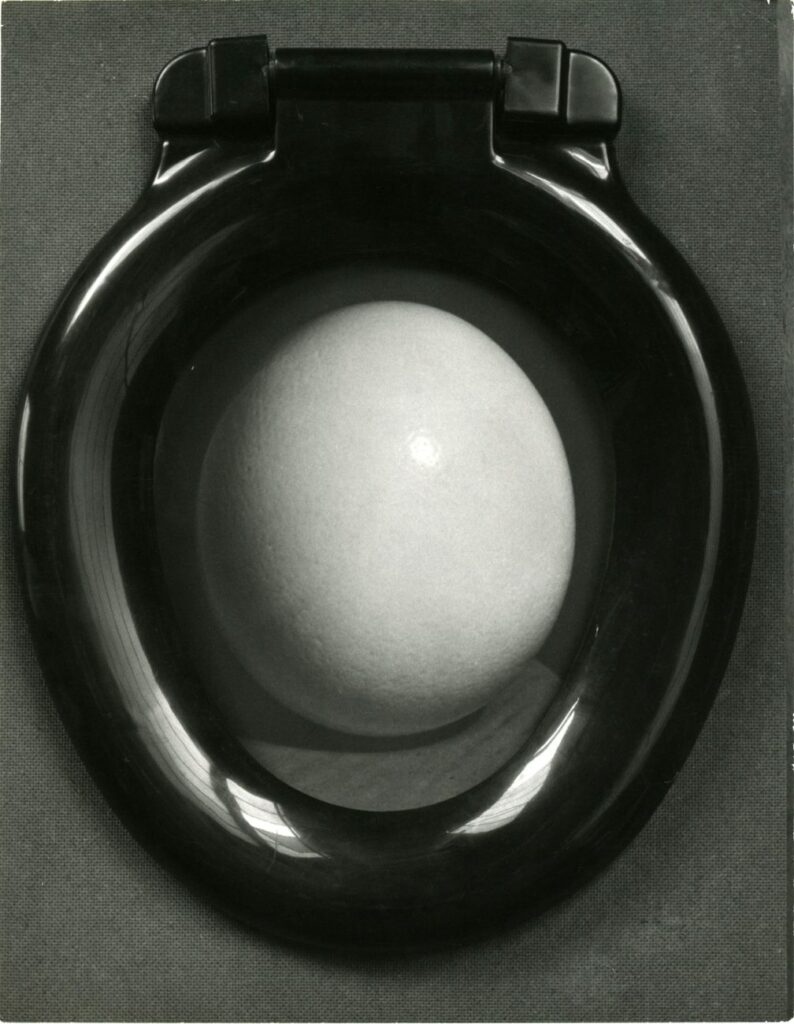
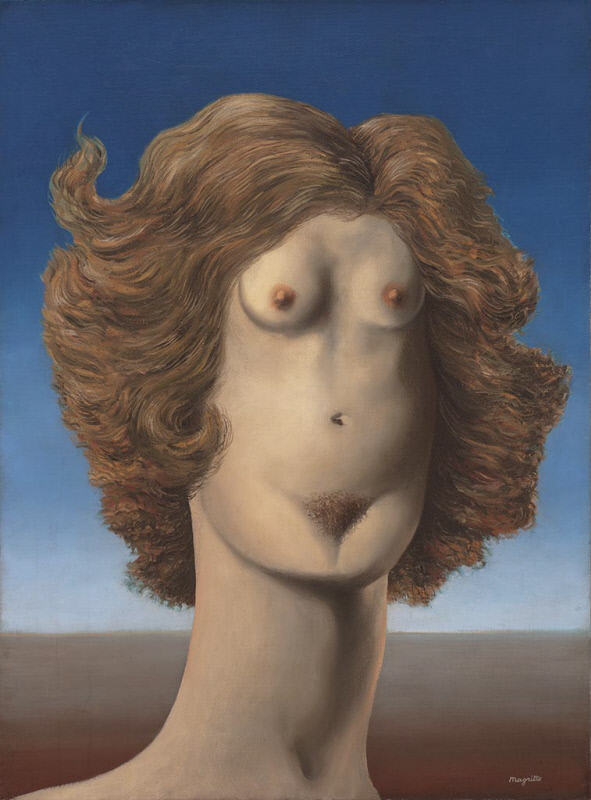

«The body is like a sentence that invites you to disarticulate it so that its real content is reassembled through a series of endless anagrams. » Hans Bellmer
This book starts with the idea that the human body can be conceived as an alphabet whose different components can be combined in different ways. In this anagrammatic reading of the body the different parts and organs can trade places with other parts of the body. Contrary to an organic and hierarchical understanding of the body where each part has been assigned its proper place, in this subversive vision of the human body the feet can take the place of the hands, and the anus that of the mouth. This project goes back to my Ph.D. on Hubert Fichte (1984) and his notion of Verstellung, shifting, misalignment, that he discovered in German Baroque and Afro-American syncretism. Another inspiration comes from Mikhail Bakhtin’s grotesque body of carnival that I have previously discussed in Körpermetaphern. Zum Verhältnis von Politik und Medizin (2000) and Metaphors of Multilingualism. Changing Attitudes towards Language Diversity in Literature, Linguistics and Philosophy (2020).
Das Gedächtnis der Spiegel
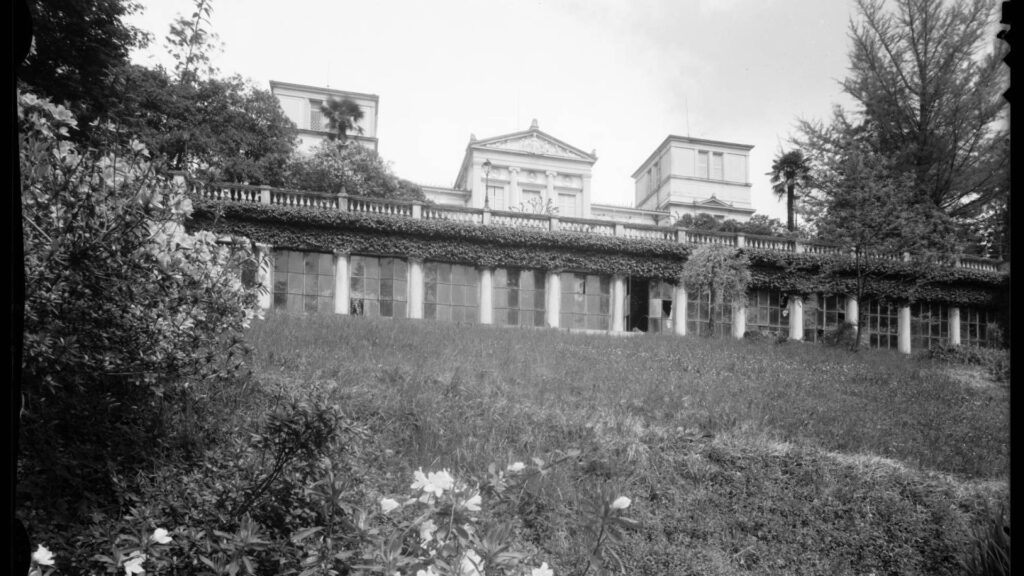
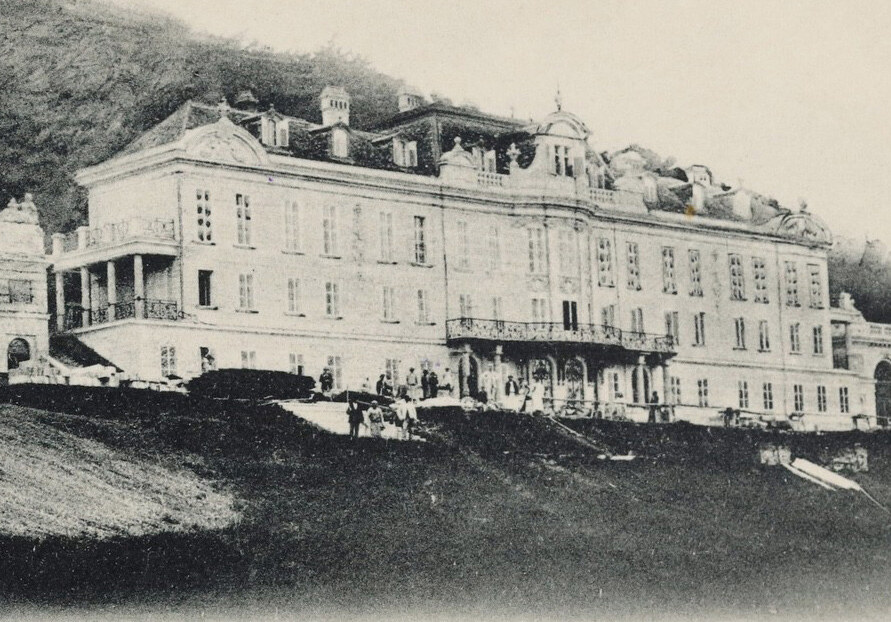
In the last few years, I have also been working on a satirical novel, that plays out between Lugano and Vienna, between the Castello di Trevano and Schloss Cobenzl who were both demolished in the course of the 1960s.